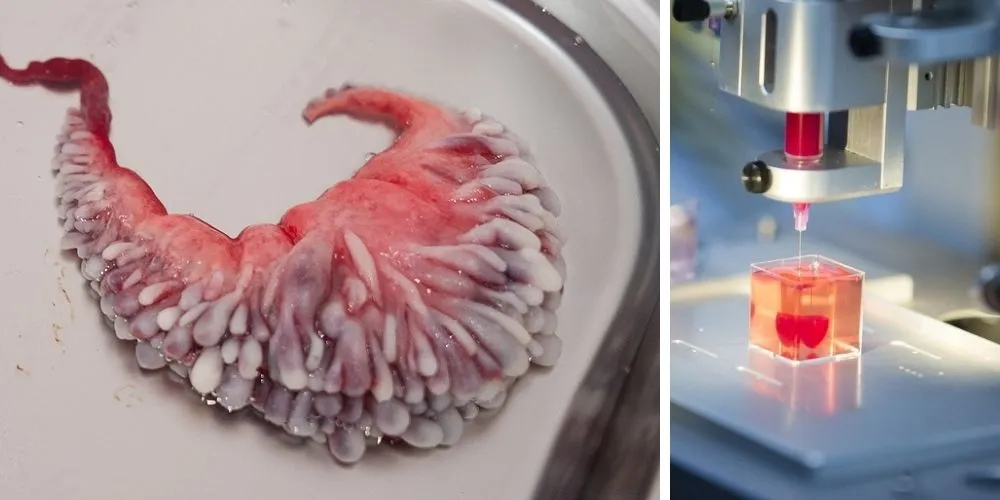In the realm of medical innovation, the emergence of 3D-printed organs stands as a groundbreaking development with the potential to transform healthcare. The ability to fabricate organs and tissues using biocompatible materials represents a paradigm shift in organ transplantation, offering hope to millions of patients awaiting life-saving procedures.
Every day, thousands of patients languish on transplant waiting lists, hoping for a compatible donor match that may never come. 3D bioprinting offers a solution by enabling the fabrication of personalized organs and tissues tailored to the specific needs of individual patients, eliminating the risk of rejection and significantly reducing wait times.
Already, researchers have made significant strides in 3D printing various organs and tissues, including heart valves, kidneys, and even complex structures like ears and noses. The potential of this technology is vast, ranging from regenerative medicine and tissue to drug testing and personalized medical treatments. Furthermore, it exemplifies the transformative power of technology in addressing some of the most pressing medical challenges of our time.
However, alongside the promise of 3D-printed organs, ethical considerations must be carefully navigated. Foremost among these is the question of equity and access. As with any medical breakthrough, there is a risk that 3D-printed organs could exacerbate existing disparities in healthcare access, with affluent patients potentially gaining preferential access to this cutting-edge treatment while others are left behind.
Striking a balance between the advancement of medical science and the ethical principles of equity, justice, and respect for human dignity is essential in navigating the ethical landscape of 3D-printed organs. Furthermore, there are safety and regulatory challenges that must be addressed to ensure the efficacy and safety of 3D-printed organs. Rigorous testing, quality control measures, and adherence to ethical guidelines are imperative to mitigate the risks of adverse outcomes and ensure patient safety.
The advent of 3D-printed organs heralds a new era in medicine, offering hope to patients and challenging the boundaries of what is possible in healthcare. However, alongside this promise come significant ethical considerations that must be addressed with care and diligence. By embracing the potential of 3D bioprinting while upholding ethical principles and ensuring equitable access, we can harness the power of this revolutionizing technology to improve the lives of patients and advance the cause of human health and well-being.







